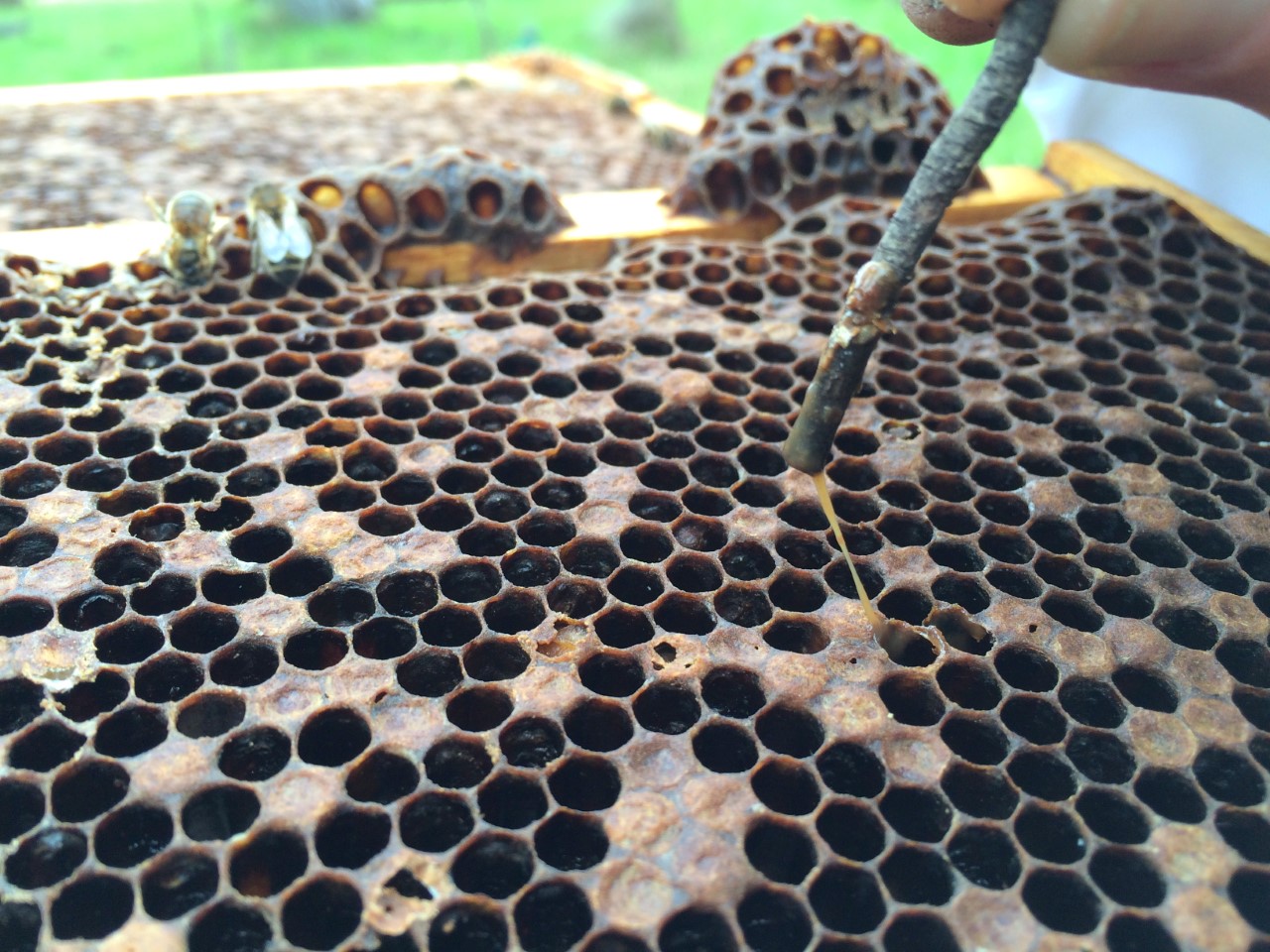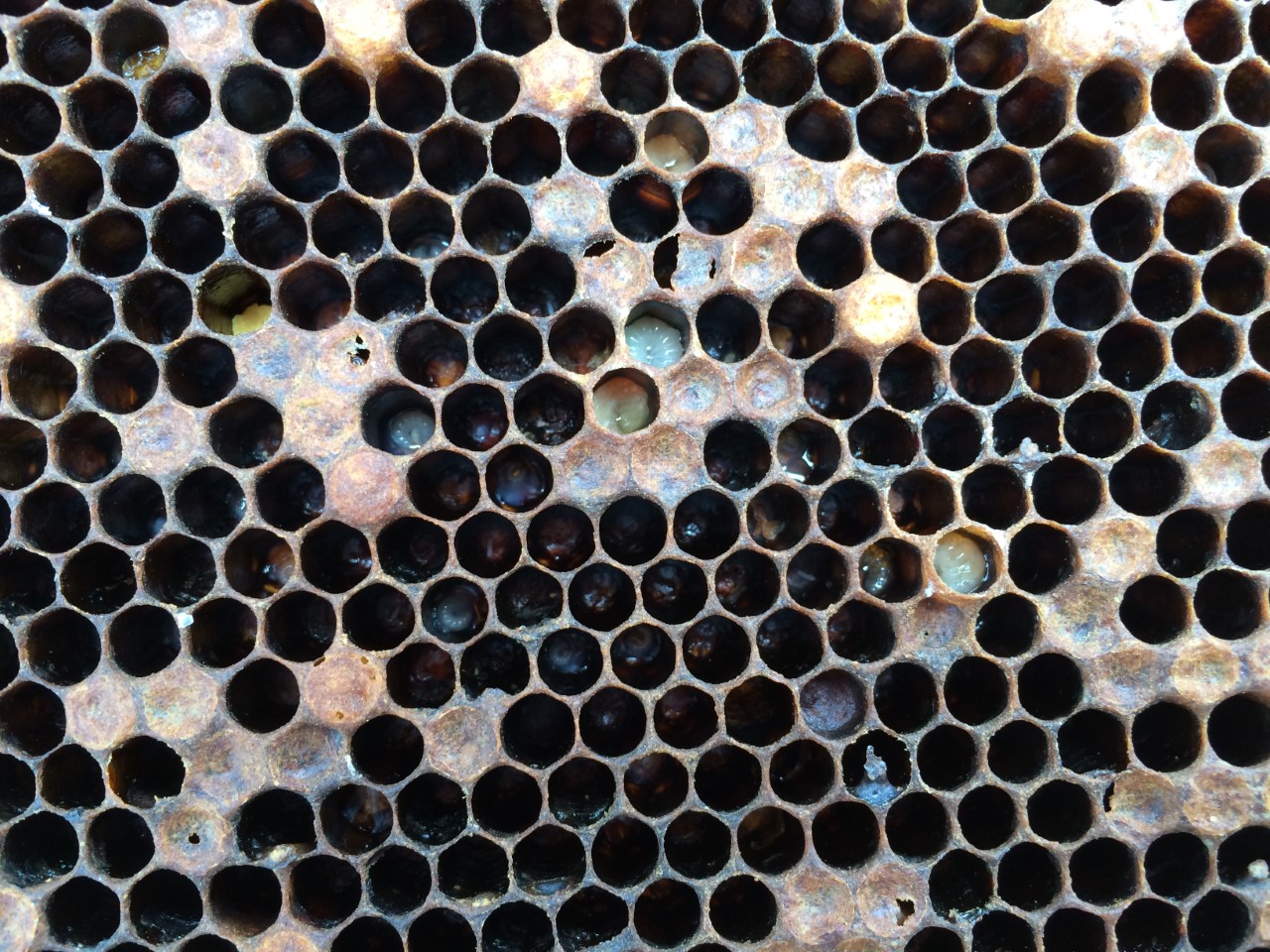Hawaii Beekeepers Alerted to Reemergence of Bee Disease
Posted on Mar 1, 2017 in MainNR17-06
March 1, 2017
HAWAII BEEKEEPERS ALERTED TO REEMERGENCE OF BEE DISEASE
HONOLULU — The Hawaii Department of Agriculture (HDOA) is sending out an alert to Hawaii beekeepers about a new case of a destructive bee disease, American foulbrood (AFB). AFB wiped out much of Hawaii’s honeybee population in the 1930’s and spores of the disease may live more than 50 years.
The AFB bacterium, which is found worldwide, kills bee larvae and is highly infectious to bee brood (embryos or eggs). Once a colony is infected, it almost always results in the death of the colony.
A beekeeper recently detected the disease in a bee hive in Kula, Maui. Several hives on Oahu and Hawaii Island were also affected by AFB in February and October, 2016 respectively.
“Beekeepers around the state should be vigilant in inspecting their hives for signs of this disease,” said John McHugh, administrator of HDOA’s Plant Industry Division. “Since the spores will always be present, the best strategy for disease control is early detection.”
Symptoms of AFB include honey bee cells that are moist, dark in color, and often smell of decaying animals. The dying larva inside the cells shrink and the normal convex capping becomes concave. The pattern on an infected bee brood frame will look spotty because of a mixture of disease and healthy brood cells. (Photos attached).
The bacterium that causes the disease is resistant to most antibiotics, heat, and disinfectants –the treatments normally used to kill bacteria. There is an antibiotic that may be used to help prevent AFB; however, because most strains of AFB have become resistance to treatment the most effective way to control an existing AFB infection is to burn and destroy the hive.
Beekeepers are also encouraged to report abandoned hives that may be a reservoir for the disease which is easily spread by bees moving from hive to hive.
Due to this and other bee diseases, it is illegal to import used beekeeping equipment into Hawaii or to transport it interisland without an inspection and permit from HDOA.
HDOA’s Apiary Program is distributing a flyer with more information on how to detect the disease and appropriate treatments. For more information, beekeepers may contact the Hawaii Apiary Program in Hilo at: (808) 339-1977.
# # #
 |
 |
| Hive with AFB | |
